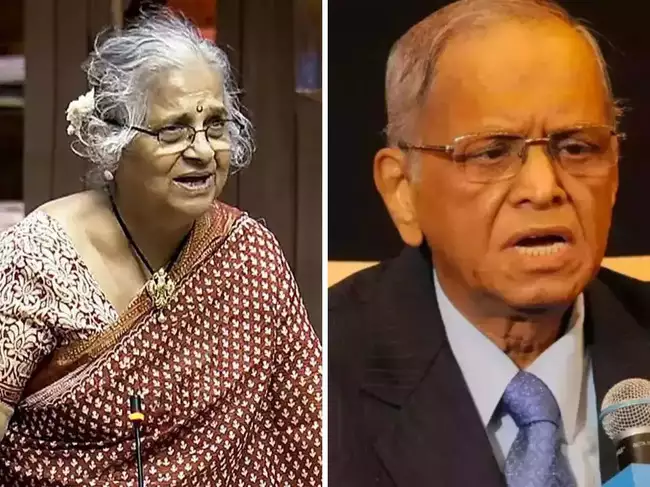Recent debates over work culture and work-life balance have gained significant attention in India, especially following the tragic death of 26-year-old Anna Sebastian Perayil in 2024. Her passing has brought to light the ongoing struggles employees face in toxic work environments, where stress, unrealistic expectations, and a lack of support are commonplace. Her story is just one example of many, with GenZ employees speaking out about the challenges they face in workplaces that often ignore their need for a healthy balance between work and personal life.
One recent comment that reignited the conversation came from SN Subrahmanyan, Chairman of Larsen & Toubro (L&T), who sparked controversy by advocating for 90-hour work weeks. In a video that went viral on social media, Subrahmanyan, speaking in an internal meeting, said, “I regret I am not able to make you work on Sundays, to be honest. If I can make you work on Sundays, I will be more happy, because I work on Sundays also.”
He went on to add, “What do you do sitting at home? How long can you stare at your wife? How long can the wives stare at their husbands? Get to the office and start working.” His remarks quickly triggered a wave of backlash across the internet, with many condemning them as outdated, dismissive of work-life balance, and even sexist.
One netizen sarcastically responded, “How long can employees stare at screens and data managers?” Another user criticized Subrahmanyan’s comments about staring at one’s spouse, calling it misogynistic and reflective of an anti-family mentality.
Subrahmanyan’s salary—534.57 times higher than the median salary of L&T employees—also became a point of contention. One user wrote on social media, “If I’m paid 56 crore per annum plus all privileges like Larsen and Toubro chairman, forget Sunday, I’ll invent more days in a week to work.”
Actor Deepika Padukone voiced her disagreement, calling the remarks shocking for someone in a senior position, while RPG Group chairperson Harsh Goenka criticized the idea of 90-hour work weeks, emphasizing the importance of work-life balance. He argued, “Work-life balance isn’t optional, it’s essential,” adding that such a relentless work ethic could lead to burnout rather than success.
The controversy surrounding Subrahmanyan’s comments was compounded when L&T issued a statement defending the chairman’s remarks, stating that the company believed in collective dedication to drive progress. The statement, however, failed to quell the backlash, with Padukone commenting that the clarification only worsened the situation.
Former badminton player Jwala Gutta also chimed in, calling Subrahmanyan’s statement misogynistic and frightening, while Joy Bhattacharjya reflected on how many bosses from the 80s and 90s, like Subrahmanyan, succeeded largely due to the opportunities presented by liberalization and global changes, rather than solely through their talent and hard work.
The discussion also brought attention to the wider issue of workplace stress. A recent study revealed that three out of five employees across various Indian sectors, including IT, technology, and media, have experienced high levels of stress. Young workers, particularly those between the ages of 21 and 30, were found to be the most stressed.
This isn’t the first time such comments have sparked controversy. In October 2023, Infosys co-founder NR Narayana Murthy similarly urged younger employees to work 70-hour weeks, claiming that India’s productivity levels were too low to compete globally. Though Murthy later tried to clarify that he was encouraging productivity rather than extended work hours, the backlash was swift.
In a humorous response to Subrahmanyan’s comments, one social media user suggested that inter-corporate marriages between employees from Infosys and L&T could become a new trend, where couples would dedicate their lives to their respective companies and only reunite at retirement.
The debate over work-life balance was further fueled by another controversial comment from OLA CEO Bhavish Aggarwal, who stated that weekends were not an “Indian thing” and that the concept of work-life balance was a “Western cultural import.” Social media users were quick to point out the irony, with one commenter saying, “Ola is a rip-off of another Western import.”
As these remarks continue to ignite debate, it’s clear that many employees are calling for a more empathetic, balanced approach to work. The growing divide between the demands of corporate leaders and the needs of employees for mental health support, work-life balance, and fair treatment highlights the urgent need for a shift in workplace culture across India.






















